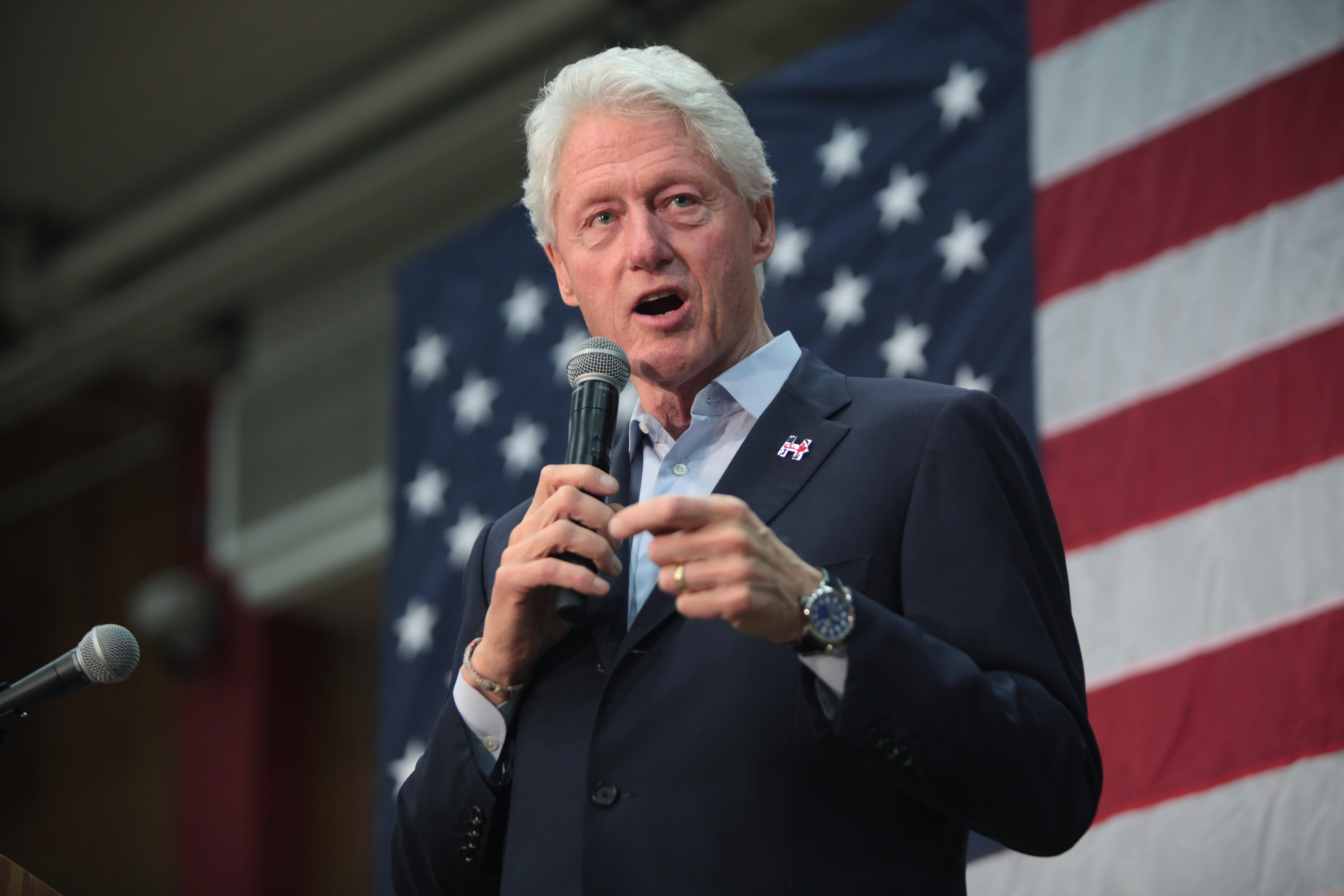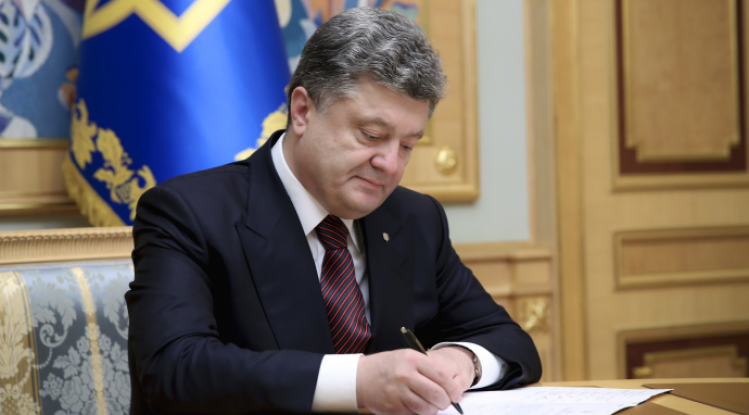Poland/Czechia – The dispute between Czechia and Poland over the Turów mine has escalated with the decision by the Spanish ECJ Vice-President to impose a fine of €500,000 per day on Poland. Below is an op-ed written by the head of the political department of President Vaclav Klaus’ office from 2003 to 2013. This op-ed was published on 25 September in the Czech daily MF Dnes and its Polish translation was published the same day by the website dorzeczy.pl.
Turów: “When two fight, a third takes advantage”
This old saying applies perfectly to the conflict between the Turów brown coal mine in Lower Silesia and the inhabitants of the nearby Czech communities. Czechia is fighting Poland, and this benefits Brussels.
Turów is a large open-pit mine. Such mines always have a significant impact on the surrounding area. Many inhabitants of the municipalities between Hrádek nad Nisou and Frýdlant are complaining above all about the fall in groundwater levels and the drying up of wells. The owners and employees of the mine claim that a few hundred people are affected on both sides of the border, while the mine provides electricity and heat to nearly two million people and employs thousands directly or indirectly. Coal and electricity prices have risen sharply, reflecting administrative restrictions on mining. In such a situation, stopping mining in Turów would be like killing the goose that lays the golden eggs.
On the Polish side, there are claims that the Czech state is involved in the conflict because it wants to restrict Poland’s access to energy sources in order to be able to sell its own energy at inflated prices. Czechia, for its part, cannot ignore the voices of concerned public opinion in the Frýdlant region, especially just before the elections. Up to this point, the dispute is quite understandable. After all, disputes of this kind arise in various forms all over the world, in the vicinity of large businesses or public infrastructure. The phenomenon known as NIMBY (not in my backyard) can inflame emotions wherever people think an activity could be useful to the community but would rather see it done elsewhere.
Such a conflict usually ends in some form of agreement, with the investing company or state paying out generous compensation. Companies with a reasonable approach to business take this into account in advance and allocate large sums of money in time to support local infrastructure, social life and public events. To put it briefly, they take care of their good name, even if it costs them dearly. This is because litigation usually results in significantly higher costs. In the case of cross-border disputes, the issue is somewhat more complicated. Both radical patriots and the state machinery are involved on both sides of the border. But it is still a bilateral dispute that can be resolved bilaterally. Of course, it takes a lot of work, but there is nothing else to do but negotiate, demand, negotiate, demand… and be willing to compromise. The Poles should have been more open to requests for compensation, and the Czechs should not have stuck to a single solution: closing the mine. In reality, the two positions were reconcilable with a minimum of effort.
The situation became tragic when Czechia turned to the European Court of Justice. Brussels was all too happy to have a whip in its hands against the two countries. Prime Minister Babiš repeats over and over that he will not accept migration quotas, that he will refuse to ban combustion engines, that he will not give in to Brussels on this or that issue. Of course he will eventually accept all this! Of course he will give in! He will accept and give in because he has put the power to decide our affairs in foreign hands by submitting a bilateral dispute to Brussels (notwithstanding the fact that the ECJ itself is based in Luxembourg). By bringing this lawsuit, the Czech state has admitted that it is not a sovereign country and that, in the future, others will decide everything for us without our participation.
The ECJ has imposed a fine of 13 million koruna per day on Poland. It is as if every worker had to pay two thousand a day out of his or her salary. Of course, these costs will not be paid directly by employees, but any additional cost to the company will be reflected in its ability to pay its employees, as well as in the price of the product to customers. Poland can be expected to pay nothing for the foreseeable future, and to fight in the courts for at least a decade.
This dispute, the core of which is essentially economic (compensation for damages), is bound to seriously damage the neighbourly relations and the alliance between the two countries. But that is not all. One can expect various retaliatory and malicious actions on the Polish side, and that would still not be the worst.
Unfortunately, we can also expect that the lawsuit against Czechia for the burning landfill in Heřmanice, where contaminated water flows into the Oder and then into Poland, will soon land in the European Court of Justice. This issue too, from a technical, legal and financial point of view, is possible to solve bilaterally, but when one party takes legal action, it can only encourage the other party to do the same. The Poles will also be harming themselves in this way, as they will be deliberately weakening their position in relation to the EU institutions, making those institutions the legitimate judge of their own affairs, including in matters where they are already under pressure from Brussels.
Thus, both countries misguidedly feed this European Leviathan, which gratefully gobbles up every morsel before devouring the hand that feeds it.
Let us not get involved in lawsuits in Brussels. Let us not file complaints against our neighbours or our national troublemakers. Let us not feed the beast. Let us solve our problems ourselves, or with our neighbours. By involving Brussels, we are delivering weapons that will soon be used against us.
Ladislav Jakl
head of the political department in the office of President Vaclav Klaus from 2003 to 2013,
member of the Czech Broadcasting Council since 2019
—
Translated from the Polish language by the Visegrád Post




